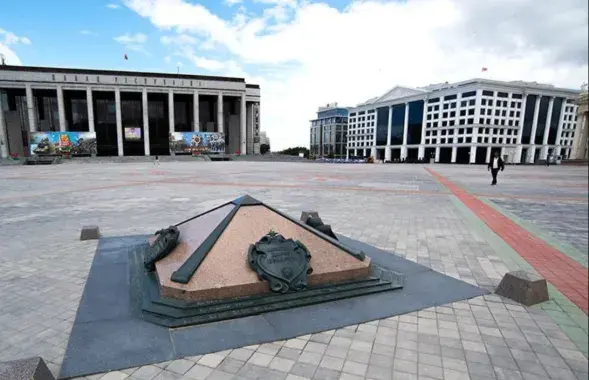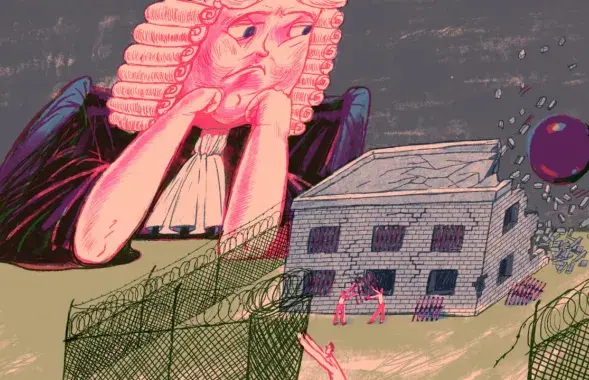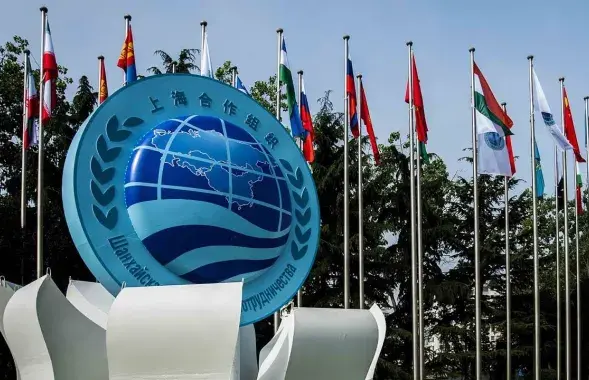Independence effort means nationalization?
The BPR Council and the Belarusian opposition's joint memorandum contains undemocratic demands.
“The international community should accept the fact that Alyaksandr Lukashenka and his state organs' decisions are undemocratic and illegitimate and cannot represent Belarus (...) The agreements will not be respected by the democratic Belarusian state in the future or will be corrected." It is not an extract from the revolutionary manifest of 1917, it is the memorandum of the BPR Council signed by the majority of opposition leaders at the beginning of November 2012.
The document is meant to unite all the democratic forces and preserve the independence of Belarus. But do the demands to cancel agreements on property privatization in Belarus correspond to democratic norms?
One of the signees, Uladzimir Nyaklyayeu, thinks that the document should not be perceived as a law.
“The document has been approved by a non-governmental structure. It is not a final law, it will be specified."
The leader of "Tell the Truth" admits that it will not be easy to cancel agreements signed in Lukashenka's time. Especially if the agreements were signed with foreign partners.
“There are different alternatives to privatization. Some of them go through an expertise in international structures. It will not be easy to cancel them afterwards."
The memorandum has been signed by "Tell the Truth", the BPF, Movement "For Freedom", UCP, Council of Belarusian Intellectuals, BCD and others. All of them stick to the right-wing side of politics. Evidently, it allows them to admit the possibility of nationalization in the future.
Stanislau Shushkevich, one of the signees, does not see anything seditious about it. He says that the international community is able to understand the Belarusian specifics. And it will be necessary to correct the current authorities' mistakes.
“Allowing the illegitimate President and the illegitimate government to sell the state property like this in inadmissible."
Only Andrei Sannikau has not signed the memorandum - he called it "a poorly written document". However, the politician was dissatisfied with the absence of any remarks about the existence of political prisoners in our country rather than by the idea of nationalization.

















